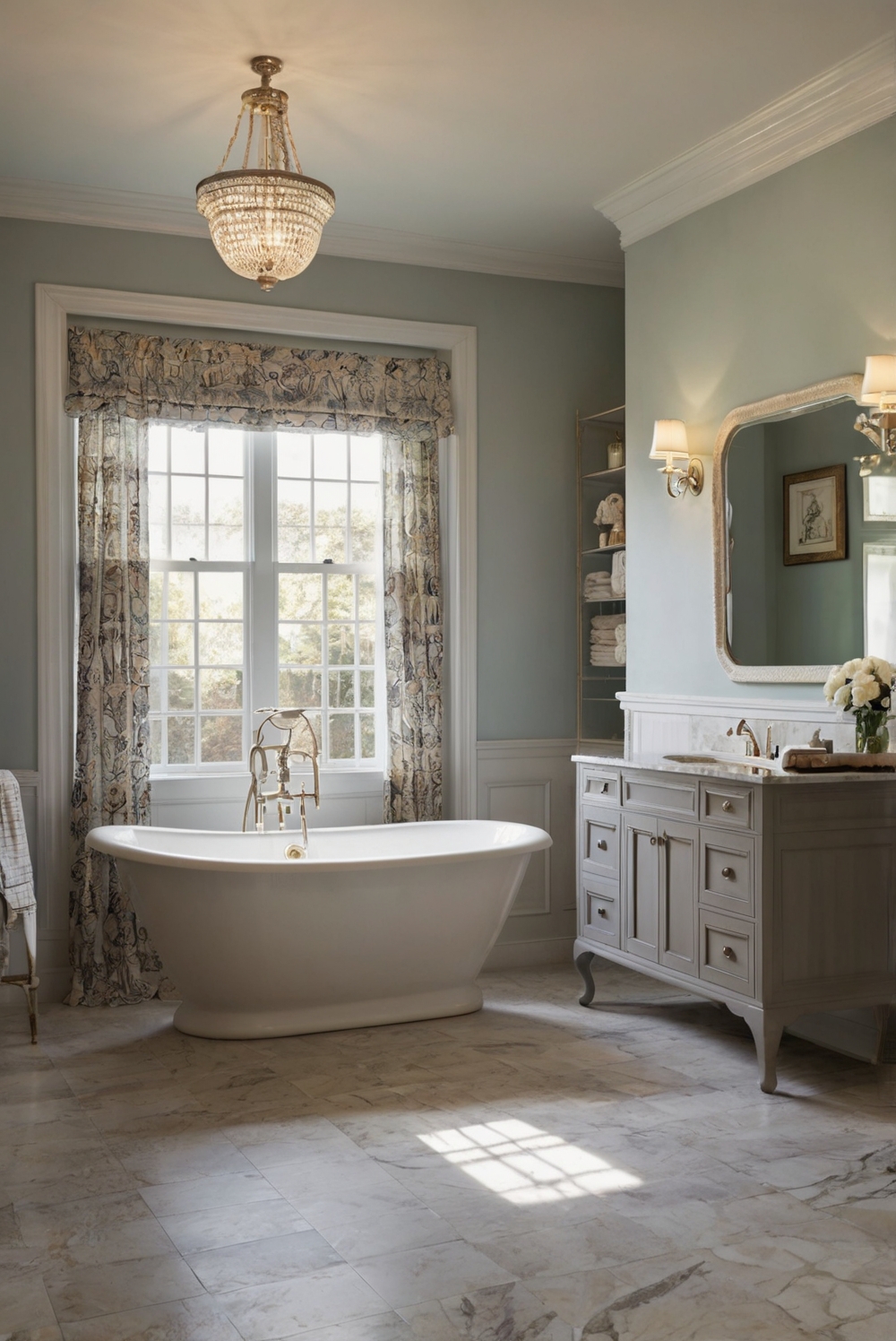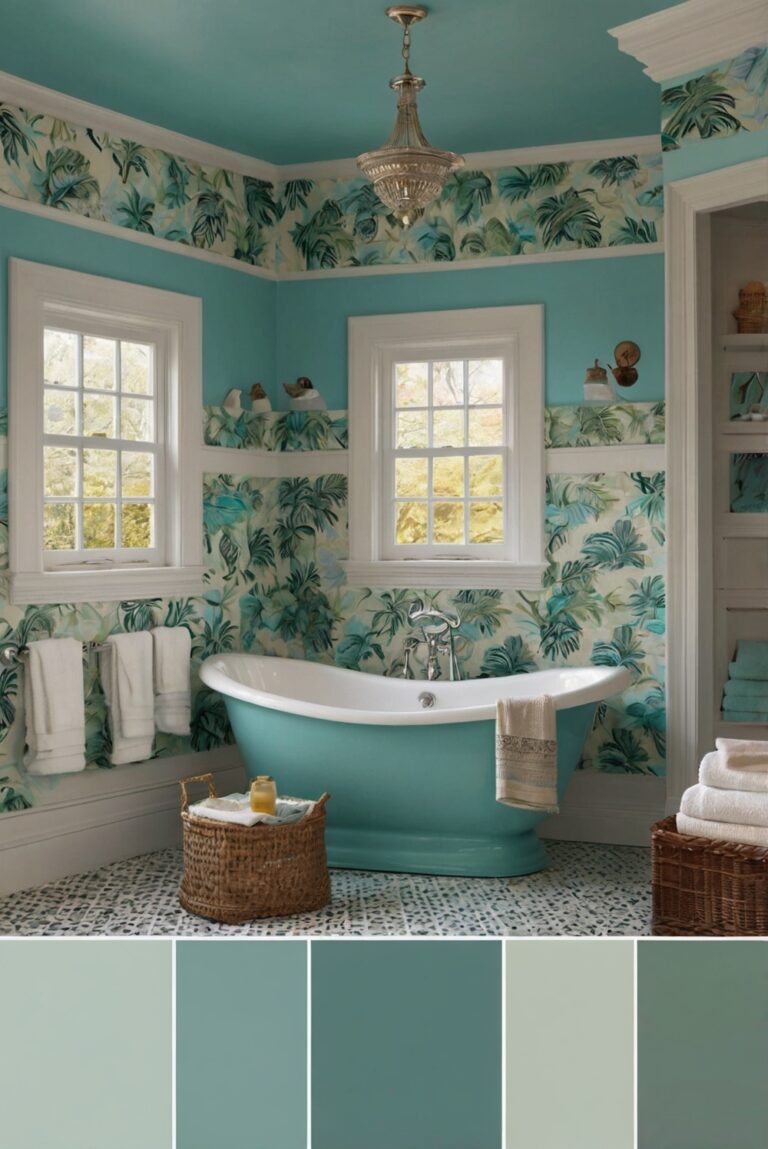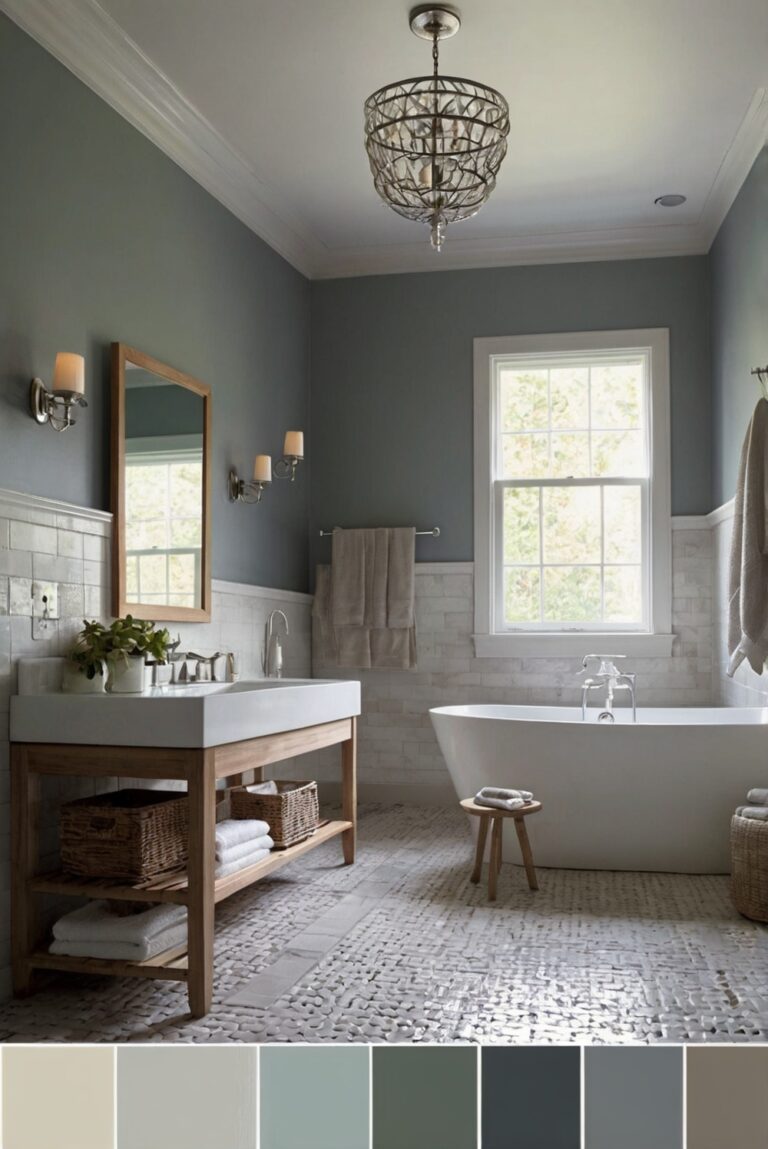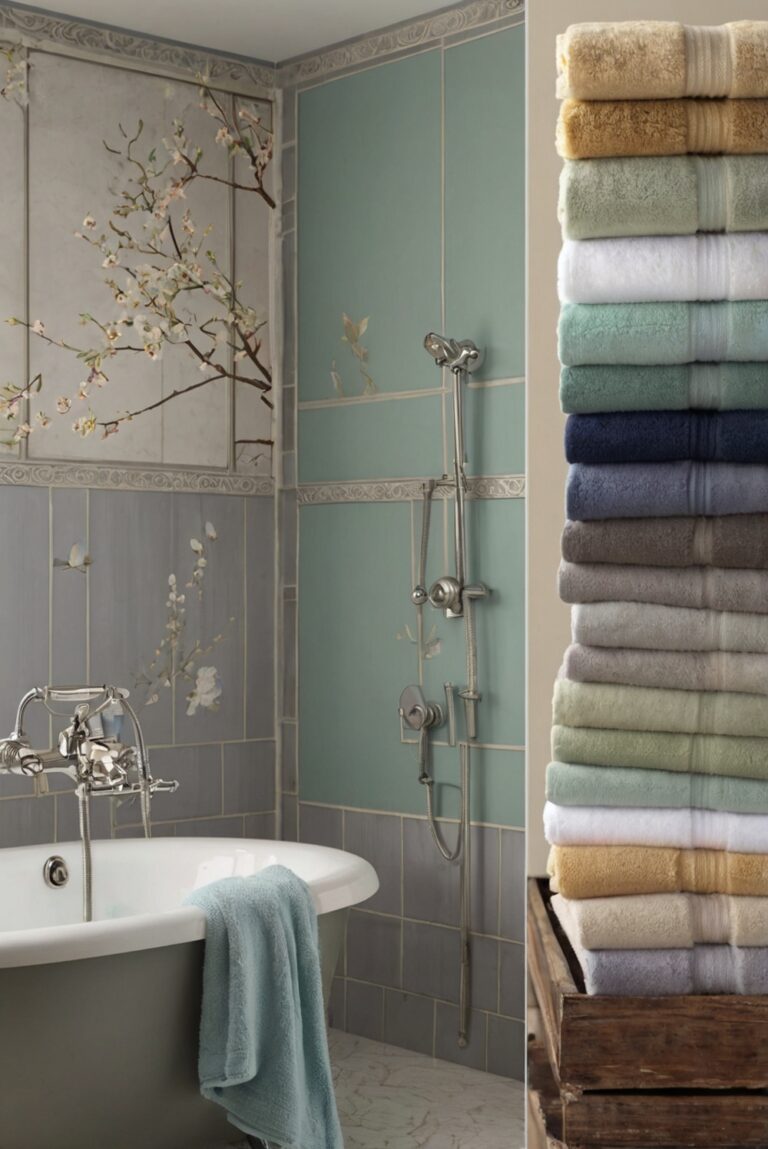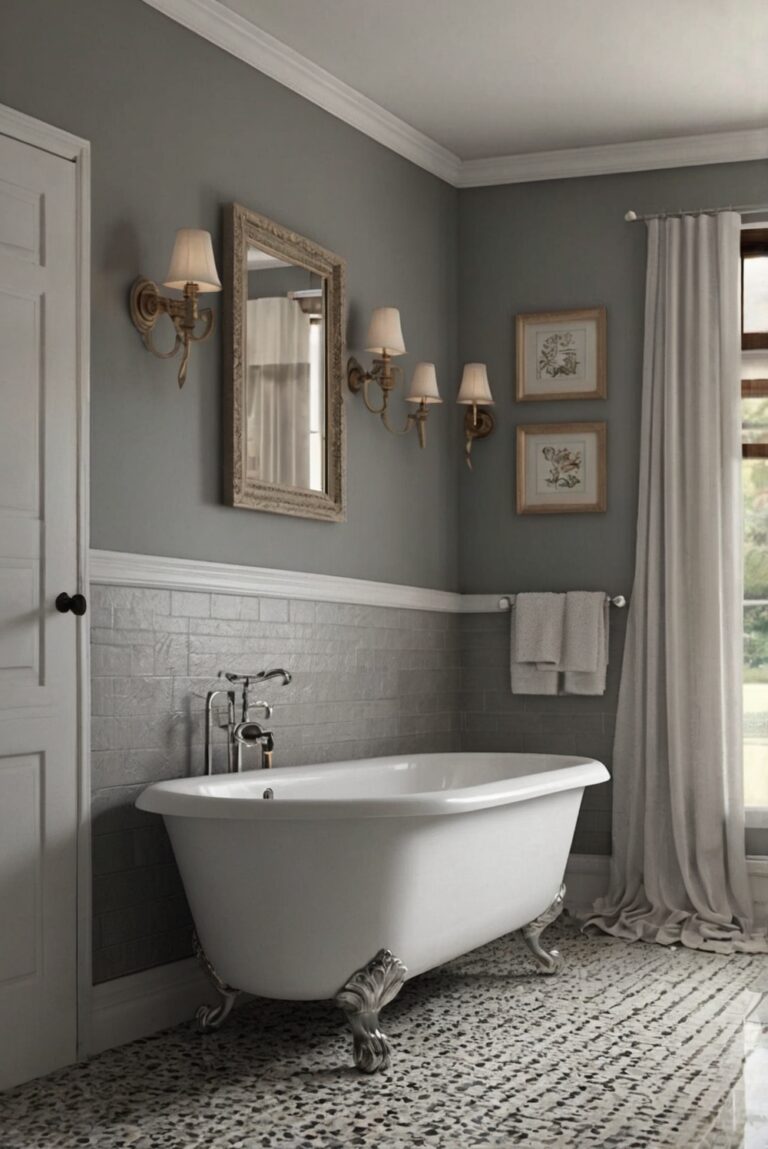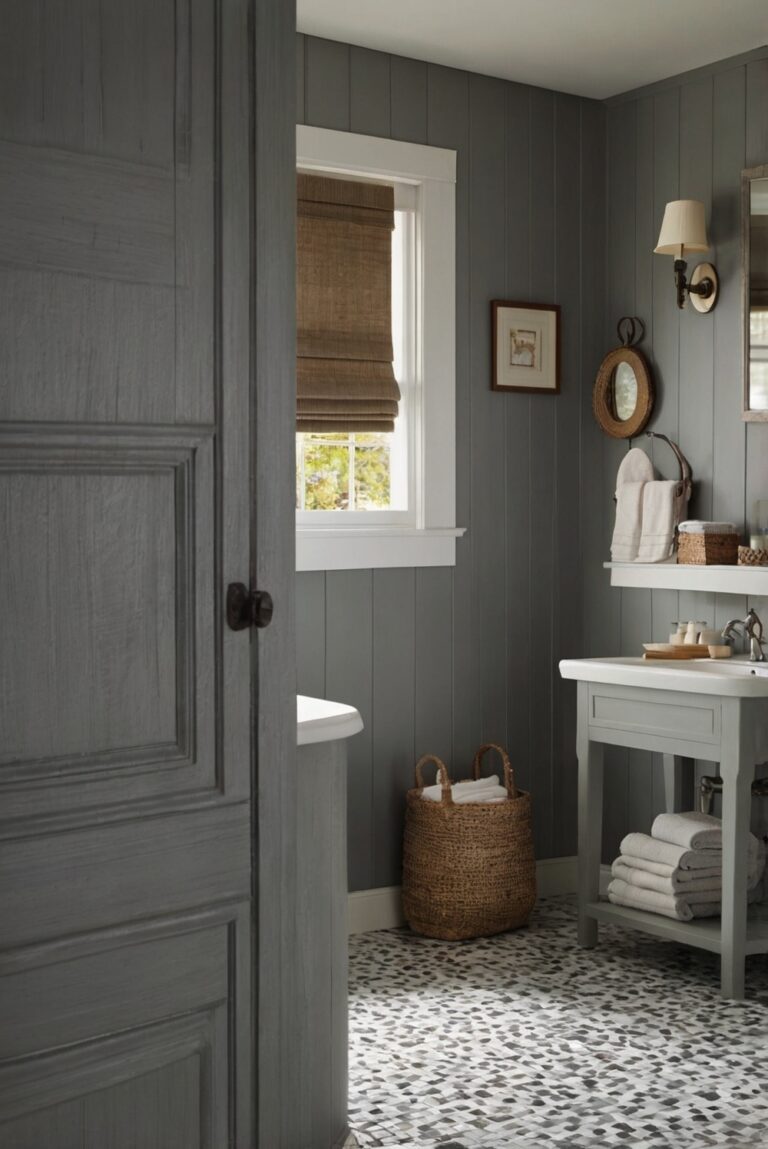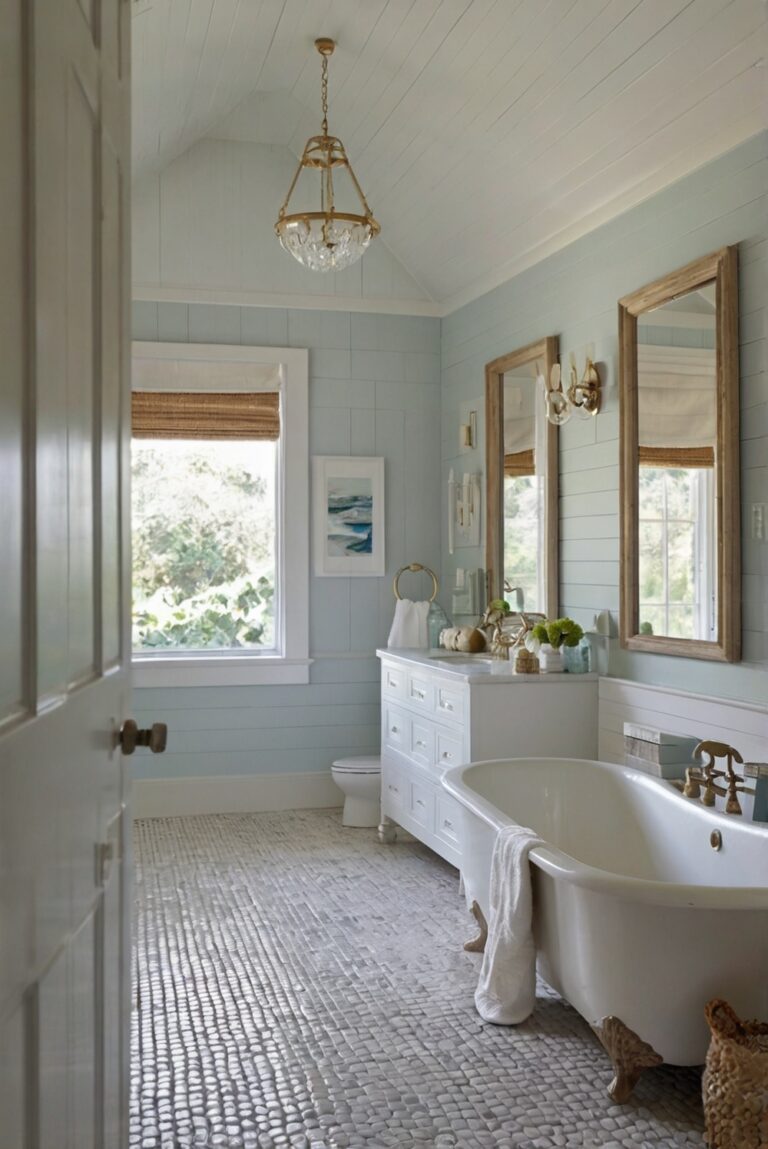What are the best tile materials for a bathroom with high humidity?
Discover the top tile materials ideal for bathrooms with high humidity. Upgrade your space with water-resistant options suitable for daily interior design routines.
What are the best tile materials for a bathroom with high humidity?
Ceramic and porcelain tiles are the best choices for bathrooms with high humidity. These materials are durable, water-resistant, and easy to clean, making them ideal for such environments. Additionally, natural stones like marble and slate can also be used but may require more maintenance to prevent water damage.
When selecting tile materials for your bathroom, consider the water resistance, durability, and ease of maintenance of each option. Proper ventilation and sealing of grout lines are crucial to prevent moisture buildup and mold growth in high-humidity bathrooms.
Best Tile Materials for Bathroom with High Humidity
When it comes to selecting tile materials for a bathroom with high humidity, it is essential to choose options that can withstand moisture and damp conditions. Here are some of the best tile materials that are ideal for such environments:
Porcelain Tiles
Porcelain tiles are highly recommended for bathrooms with high humidity due to their non-porous nature. They are moisture-resistant and do not absorb water, making them perfect for wet areas like bathrooms. Porcelain tiles are also durable, easy to clean, and available in a wide range of colors and designs.
Ceramic Tiles
Ceramic tiles are another popular choice for bathroom floors and walls. They are made from natural clay and minerals, making them resistant to water and moisture. Ceramic tiles are easy to maintain, affordable, and come in various styles, patterns, and sizes. They are a versatile option for high-humidity bathrooms.
Natural Stone Tiles
Natural stone tiles, such as marble, granite, and travertine, can also be used in bathrooms with high humidity. While natural stone tiles require more maintenance compared to porcelain or ceramic tiles, they add a luxurious and elegant touch to the bathroom. It is essential to seal natural stone tiles regularly to prevent water damage.
Additional Considerations
When selecting tile materials for a bathroom with high humidity, consider the following factors:
Grout
Choose a high-quality grout that is resistant to mold and mildew. Epoxy grout is an excellent option for high-humidity environments as it is waterproof and durable.
Slip Resistance
Opt for tiles with a textured surface or non-slip finish to prevent accidents in wet areas like bathrooms. Safety should be a priority when selecting tile materials for high-humidity environments.
In conclusion, when choosing tile materials for a bathroom with high humidity, prioritize durability, moisture resistance, and easy maintenance. Porcelain, ceramic, and natural stone tiles are excellent options that can withstand the damp conditions of a bathroom. Consider additional factors like grout quality and slip resistance to ensure a safe and long-lasting bathroom design.
1. Porcelain tiles are one of the best tile materials for a bathroom with high humidity. They are highly durable, water-resistant, and easy to clean, making them ideal for wet environments. Porcelain tiles also come in a variety of colors, sizes, and styles, allowing you to create a customized look for your bathroom. Additionally, porcelain tiles are less porous than ceramic tiles, making them less prone to water damage and mold growth.
2. Ceramic tiles are another great option for bathrooms with high humidity. They are durable, water-resistant, and available in a wide range of designs. Ceramic tiles are also relatively easy to install and maintain, making them a popular choice for bathrooms. However, it’s important to choose ceramic tiles with a low water absorption rate to ensure they can withstand the moisture levels in a bathroom.
3. Natural stone tiles, such as marble, granite, and travertine, can also be used in bathrooms with high humidity. These tiles add a luxurious and elegant touch to the space while providing excellent durability and water resistance. However, natural stone tiles may require regular sealing to prevent water damage and staining. It’s important to choose a natural stone tile that is suitable for wet areas and can withstand the moisture levels in a bathroom.
4. Glass tiles are a modern and stylish option for bathrooms with high humidity. They are non-porous, easy to clean, and resistant to water damage. Glass tiles come in a variety of colors and finishes, allowing you to create a unique and contemporary look for your bathroom. Keep in mind that glass tiles can be more slippery when wet, so it’s important to choose a textured or frosted finish for better traction.
5. Mosaic tiles are a versatile option for bathrooms with high humidity. They are available in various materials, including porcelain, ceramic, glass, and natural stone, allowing you to mix and match different textures and colors to create a custom design. Mosaic tiles are also a great choice for adding visual interest to shower walls, backsplashes, and accent areas. Just make sure to choose a grout that is resistant to moisture and mold to ensure the longevity of your mosaic tile installation.

